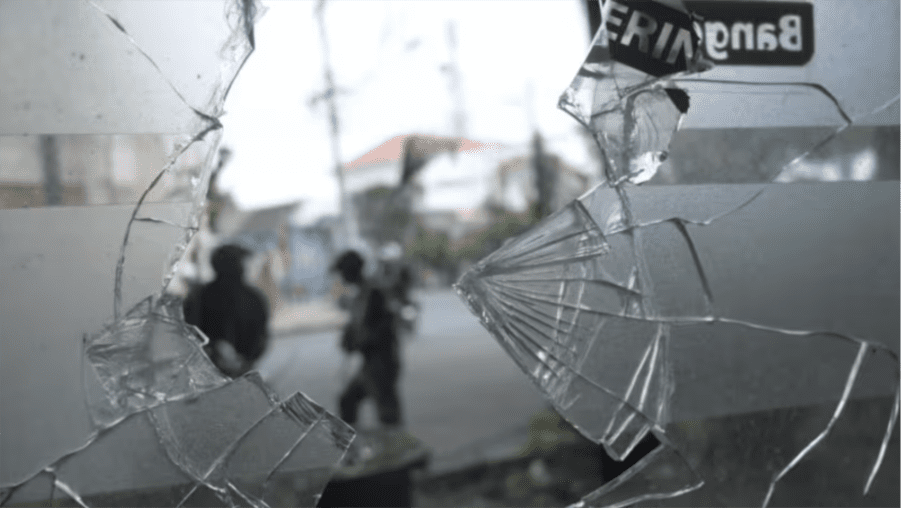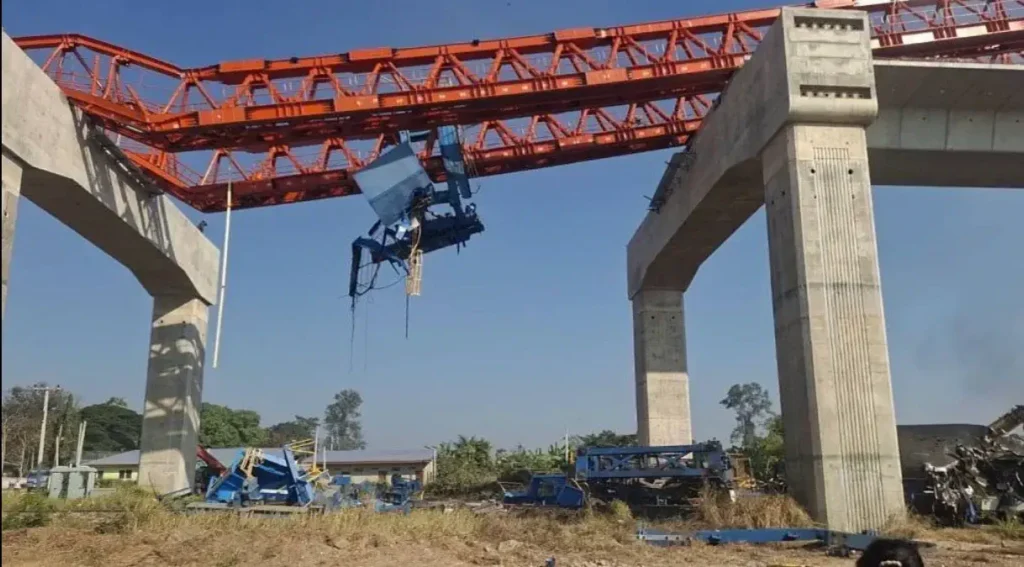(Credit: CNA/Wisnu Prasetyo)
Indonesia, Southeast Asia’s largest economy, is facing one of its most severe episodes of unrest in recent years. What began as public outrage over lawmakers lavish allowances has escalated into nationwide demonstrations, deadly clashes, and a visible loss of investor confidence. The unrest highlights how quickly domestic political tensions can spill over into the business environment, threatening both operational continuity and long-term stability.
Latest Developments and Business Impact
The violent protests that erupted in Jakarta and several other Indonesian cities on August 29 were the culmination of mounting public frustration with lawmakers, widely perceived as indifferent to the hardships of ordinary citizens, according to CNA.
What began as outrage over lavish parliamentary allowances escalated into deadly clashes after a ride-hailing driver was struck and killed by a police vehicle, intensifying anger and raising serious questions about political stability in Southeast Asia’s largest economy.
Economic and Business Risks
According to Financial Times, Indonesia’s economy, driven by domestic consumption and resource exports, could face headwinds if instability continues. Disruptions in Jakarta, the country’s financial hub, risk affecting business operations, supply chains, and investor confidence. The Jakarta Composite Index dipped following the violence, reflecting market unease.
Wee Khoon Chong, senior strategist at BNY, added: “With all this uncertainty, people are just reducing risk.”
Rully Arya Wisnubroto, senior economist at Mirae Asset Sekuritas Indonesia, said last week’s political instability was “the worst since the riots in 1998”, when prolonged demonstrations led to the end of the three-decade rule of dictator Suharto.
Implications for Risk Managers
The protests in Indonesia provide a stark case study of how political risk can rapidly morph into operational and reputational risk.
Michael Lourento Wijaya, Corporate Risk Management at PT Astra Honda Motor, shared his perspective on the recent protests in Indonesia. He noted that the unrest highlights how political stability in Asia is often more fragile than it appears. Indonesia, long regarded as relatively stable in Southeast Asia with its democratic institutions and consistent economic growth, is now grappling with political tension that threatens both public safety and business security.
“This issue reveal that despite what appears to be a stable political situation, can change in a sudden and impact business environments significantly,” he observed.
In response, Michael recommends that risk managers focus on two key approaches:
- Implementing robust Business Continuity Management (BCM): Ensuring continuity plans remain relevant to both current and emerging threats, and that organisations are equipped to respond quickly to unexpected disruptions.
- Embedding strategic foresight into operations: Monitoring external trends and anticipating potential scenarios so businesses can prepare timely responses and build resilience against sudden shocks.
Michael Hadylaya, General Counsel at Combiphar, emphasised the importance of incorporating non-traditional signals into risk monitoring, noting that early indicators rarely surface through formal channels.
“Integrating these signals into regular monitoring is as much about respect for stakeholders as it is about prediction. That is why having a professional network like PARIMA is so valuable — it provides a trusted space where risk leaders can exchange early insights, share on-the-ground observations, and test scenarios before they become headlines.”
He further stressed the speed at which risks can escalate in today’s environment.
“Political unrest can translate into operational or reputational risks very quickly. Risk travels at the speed of information. A few hours of disruption can trigger contractual issues, supply delays, or viral narratives that outpace facts. The key is not only to have contingency plans but to ensure that decision-makers can move with clarity and a shared understanding of risk when events accelerate.”
For risk managers across the region, Indonesia’s experience serves as a reminder of the importance of proactive and forward-looking risk management in navigating today’s volatile landscape.
Looking Ahead
The protests highlight the fragility of Indonesia’s social contract. Without meaningful efforts to tackle deep-rooted inequalities and demonstrate genuine political accountability, such unrest risks becoming a recurring feature. True recovery depends not only on restoring order on the streets but also on rebuilding trust in institutions. For stakeholders, the challenge lies in balancing optimism about Indonesia’s long-term potential with the reality of acute and evolving political risks.







